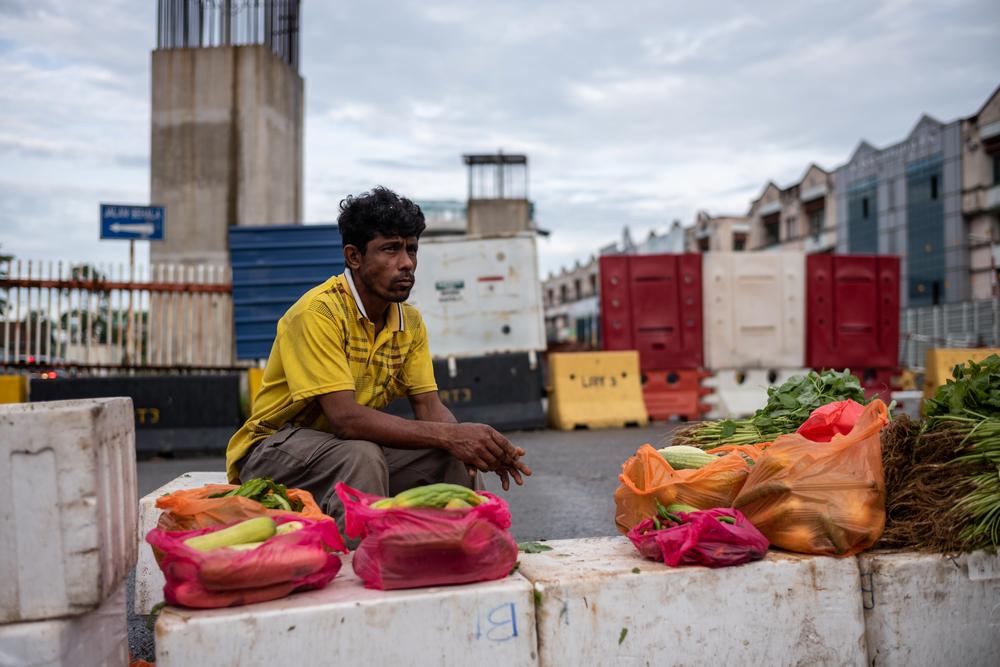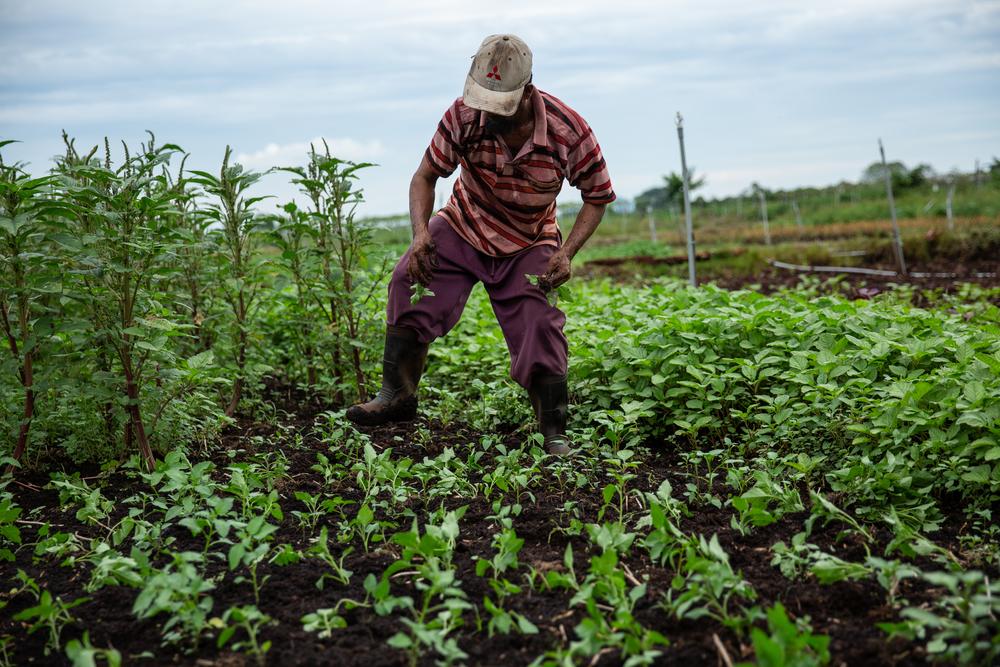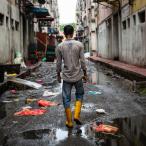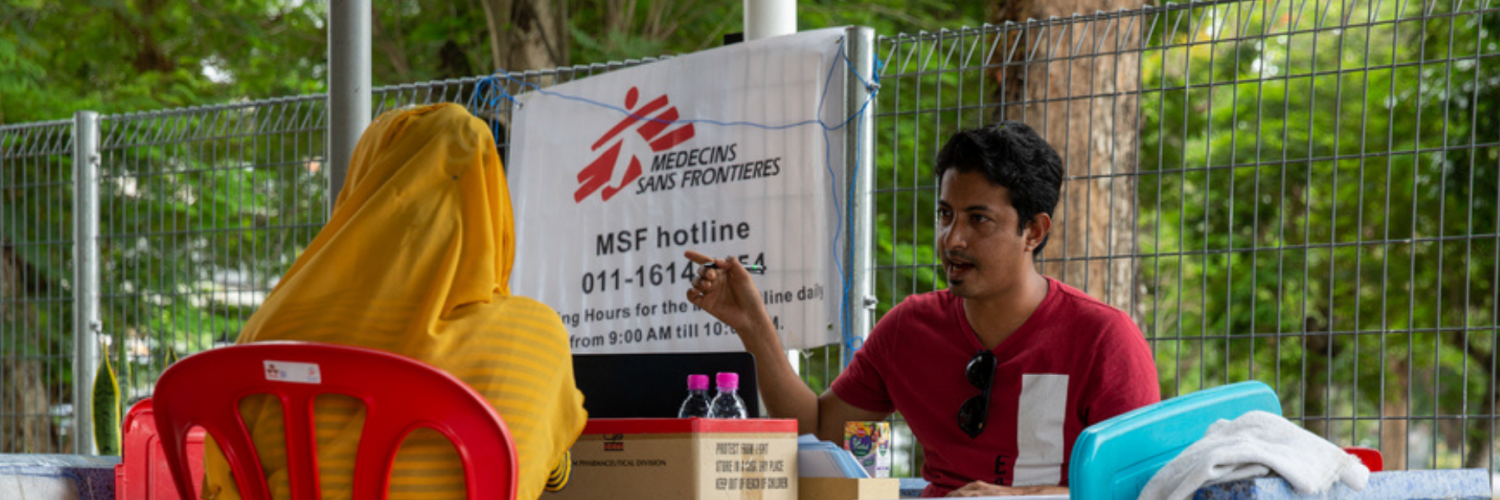Doctors Without Borders/Médecins Sans Frontières (MSF) has been providing healthcare to refugees, asylum-seekers, and undocumented migrant communities in Malaysia since 2015, responding to the ongoing refugee crisis. The Rohingya people, fleeing persecution in Myanmar, have made dangerous journeys across the Andaman Sea in overcrowded boats for more than 30 years.
As of 2024, there are approximately 191,470 refugees and asylum-seekers registered with the United Nations High Commissioner for Refugees (UNHCR) in Malaysia. Of these, over 110,000 are Rohingya, though the Malaysian government estimates up to 200,000 Rohingya refugees, including the undocumented, reside in the country. Unlike in many nations, refugees in Malaysia live in urban areas rather than camps, integrating into local communities.
While Malaysia allows UNHCR to register refugees, the country has not signed the 1951 Refugee Convention or its additional protocols. Refugees lack legal status, which creates significant barriers to healthcare access, education, and legal employment.

A Rohingya man sells vegetables near the Pasar Baru market, Kuala Lumpur. © Arnaud Finistre
Those holding a UNHCR card receive discounted healthcare, but these discounts are based on foreigner rates, meaning refugees still pay up to 100 times more than locals. This means that refugees and asylum-seekers lack legal status.

A Rohingya farmworker is seen working in the middle of a small farm. Banding, Kuala Lumpur. © Arnaud Finistre
Undocumented refugees face even greater risks, including the threat of arrest and detention during immigration raids or when seeking medical care. The Ministry of Health’s Health Circular 10/2001 obliges healthcare providers to report undocumented migrants to authorities, further discouraging refugees from accessing necessary services.
 I need medical attention for my injuries, but I can’t get it because of the financial barriers... We just have to die at home without healthcare.A Patient of Doctors Without Borders
I need medical attention for my injuries, but I can’t get it because of the financial barriers... We just have to die at home without healthcare.A Patient of Doctors Without Borders
Doctors Without Borders/Médecins Sans Frontières' (MSF) Response
In response to these healthcare challenges, Doctors Without Borders set up a programme in Penang offering primary healthcare, mental health services, and psychosocial support for refugees and asylum-seekers. Doctors Without Borders established a fixed clinic in Butterworth in 2018, which currently assists between 900 and 1,000 patients each month.
Through weekly mobile clinics, run in partnership with local NGO ACTS (A Call to Serve), Doctors Without Borders provides healthcare services to refugees in more remote areas of Penang. Additionally, Doctors Without Borders collaborates with local hospitals and clinics to refer patients who require specialised treatment, and offers medical support in several Immigration Detention Centres (IDCs).
Alongside medical support, Doctors Without Borders advocates for policy changes to improve the situation of refugees. This includes pushing for the repeal of Health Circular 10/2001 and advocating for the safe disembarkation of refugees in distress at sea. Doctors Without Borders works with local NGOs and government institutions to address gaps in healthcare access and ensure long-term improvements in the services available to refugees.
Ongoing Challenges
Despite Doctors Without Borders' efforts, refugees in Malaysia continue to face significant barriers to healthcare, employment, and education. Refugees often delay seeking medical care due to the high costs and fear of arrest. The lack of legal status remains a fundamental issue, preventing them from fully integrating into Malaysian society and accessing basic services. Doctors Without Borders remains dedicated to providing healthcare and advocating for policy reforms that would enhance the protection and well-being of refugee communities in the country.
